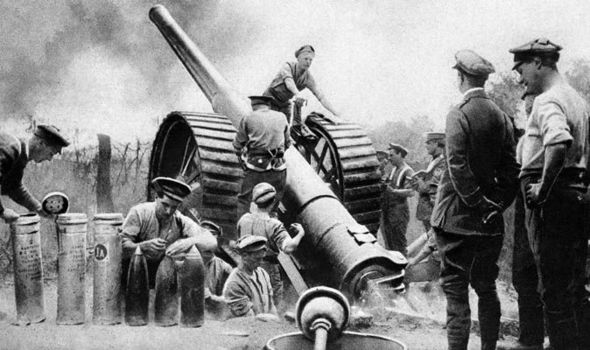The UK’s unpaid war debts to the United States, 1917-1980
by David James Gill (University of Nottingham)

We all think we know the consequences of the Great War – from the millions of dead to the rise of Nazism – but the story of the UK’s war debts to the United States remains largely untold.
In 1934, the British government defaulted on these loans, leaving unpaid debts exceeding $4 billion. The UK decided to cease repayment 18 months after France had defaulted on its war debts, making one full and two token repayments prior to Congressional approval of the Johnson Act, which prohibited further partial contributions.
Economists and political scientists typically attribute such hesitation to concerns about economic reprisals or the costs of future borrowing. Historians have instead stressed that delay reflected either a desire to protect transatlantic relations or a naive hope for outright cancellation.
Archival research reveals that the British cabinet’s principal concern was that many states owing money to the UK might use its default on war loans as an excuse to cease repayment on their own debts. In addition, ministers feared that refusal to pay would profoundly shock a large section of public opinion, thereby undermining the popularity of the National government. Eighteen months of continued repayment therefore provided the British government with more time to manage these risks.
The consequences of the UK’s default have attracted curiously limited attention. Economists and political scientists tend to assume dire political costs to incumbent governments as well as significant short-term economic shocks in terms of external borrowing, international trade, and the domestic economy. None of these consequences apply to the National government or the UK in the years that followed.
Most historians consider these unpaid war debts to be largely irrelevant to the course of domestic and international politics within five years. Yet archival research reveals that they continued to play an important role in British and American policy-making for at least four more decades.
During the 1940s, the issue of the UK’s default arose on several occasions, most clearly during negotiations concerning Lend-Lease and the Anglo-American loan, fuelling Congressional resistance that limited the size and duration of American financial support.
Successive American administrations also struggled to resist growing Congressional pressure to use these unpaid debts as a diplomatic tool to address growing balance of payment deficits from the 1950s to the 1970s. In addition, British default presented a formidable legal obstacle for the UK’s return to the New York bond market in the late 1970s, threatening to undermine the efficient refinancing of the government’s recent loans from the International Monetary Fund.
The consequences of the UK’s default on its First World War debts to the United States were therefore longer lasting and more significant to policy-making on both sides of the Atlantic than widely assumed.

